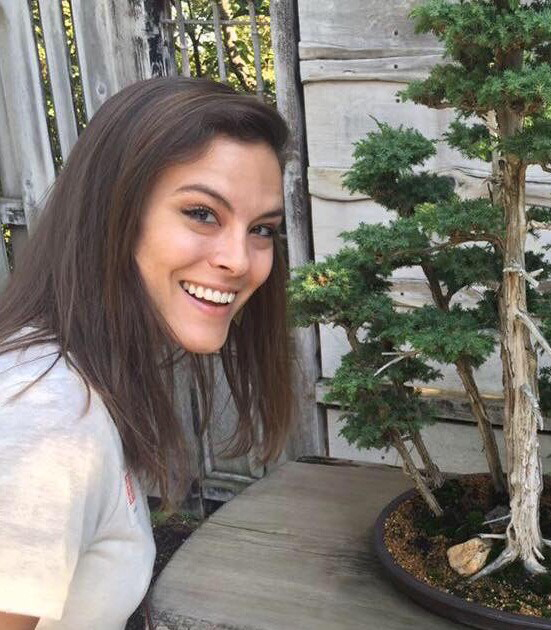Topic Tuesday: Self-talk
 “Self-talk” (By: Rachel Daniel)
“Self-talk” (By: Rachel Daniel)
Nothing can make my face go sour faster than a well-timed therapy adage. I’m sure many of you know them well— “it takes time”, “don’t overthink things”, “be kind to yourself”—these and other very true, deceptively simple concepts have turned me cold or boiled my blood many a time during my long journey toward recovery.
Then there are moments when a piece of advice, hammered into my subconscious with dutiful repetition, finally clicks.
I, like others who have been through extensive Cognitive Behavioral Therapy, had been told time and again that the key to my health and happiness lay in the way I talked to myself. That most of my difficulty coping came from the steady stream of hateful subtext flowing through my mind without effort—hardly noticeable to someone so practiced at self-destruction.
My therapist asked all the right questions—how would you react if anyone directed your self-talk toward your sisters? Would you ever speak that way about your friend’s body or overall worth? She had me write down the things I said about myself on a consistent basis—but still I felt hopeless, resigned to the battery.
Slowly and painfully, a realization dawned on me—I spoke to and about myself this way in order to take away the sting of what I was sure everyone else must be thinking. If I harmed myself first, then what could anyone else do to cause me pain? This, I’ve found, is the crux of most of my perfectionism—I must judge myself most severely so no one else has room to judge.
My life-changing “Aha!” moment didn’t come in a therapist’s office, in time spent journaling my thoughts, or in conversations with everyone who loved me about my exhausting struggle with my ED. It came to me in a women’s only spa in Koreatown, Los Angeles.
Nothing says vulnerability quite like total nudity in the presence of strangers of every age, size, shape and background. A wise and compassionate friend had talked me into going with her, and my trust in her judgment drowned out the voice telling me it would be humiliating to be seen that way. As I soaked in tea baths and breathed in eucalyptus scented steam in claustrophobia-inducing rooms, I was taken aback by the only thought cycling through my mind in its meditative state—we are all so different, and yet somehow exactly the same. None of the vicious words that had become a ritualistic mantra as I faced the mirror each morning came to me as I sat in the presence of so many calm and unfazed women. Instead, I could think only of how beautiful and strong everyone was in her own, unique way. Suddenly I realized that, somehow, I was feeling that way about myself, too.
In that moment I was unable to eviscerate my own appearance without imagining doing the same to these strangers, to my friends, to my mother and sisters. Tears crept up on me as I realized that this internal voice—one full of compassion, empathy and love—this was my real voice. The voice of my ED was just that—someone else entirely.
From that moment on, rather than noticing my cruel self-talk and chastising myself for yet another failure of self-control, I have tried to speak to the voice of my ED and perfectionism as an unwelcome intruder. It’s still a struggle—I indulged that monster’s presence in my life for twenty or so years, so retracting the invitation is as riddled with obstacles and setbacks as any other facet of recovery. But every time I refuse to be spoken to with cruelty, judgment, loathing or degradation, I get a little stronger.
I hope you find a way to silence any voice— internal or external—that tries to convince you you’re anything less that beautiful, strong, resilient and worthwhile. You are important, and you are loved.
About the Author
Rachel Daniel was raised in Nashville as the eldest of 7 kids, got her BFA in Musical Theatre from Ole Miss, then moved back to Nashville in 2016 to be near her insane and wonderful family after 5 years, a marriage and a divorce in Los Angeles. She’s an Analyst II for a healthcare company; in her spare time she loves to cook (or is forced to, in an effort to use all of the greens she woefully over-planted in her summer garden), sketch portraits of humans and dogs (much to the chagrin of her two cats), and practice yoga often enough to justify how much time she spends in her hammock. She writes so she may remember to read—after 18 years of varying degrees of entanglement with and recovery from Bulimia, the only thing she knows for certain is that it’s a disease of loneliness that loses power when brought into the light of a loving community. She’s so grateful to be a part of this one.


Comments are closed.